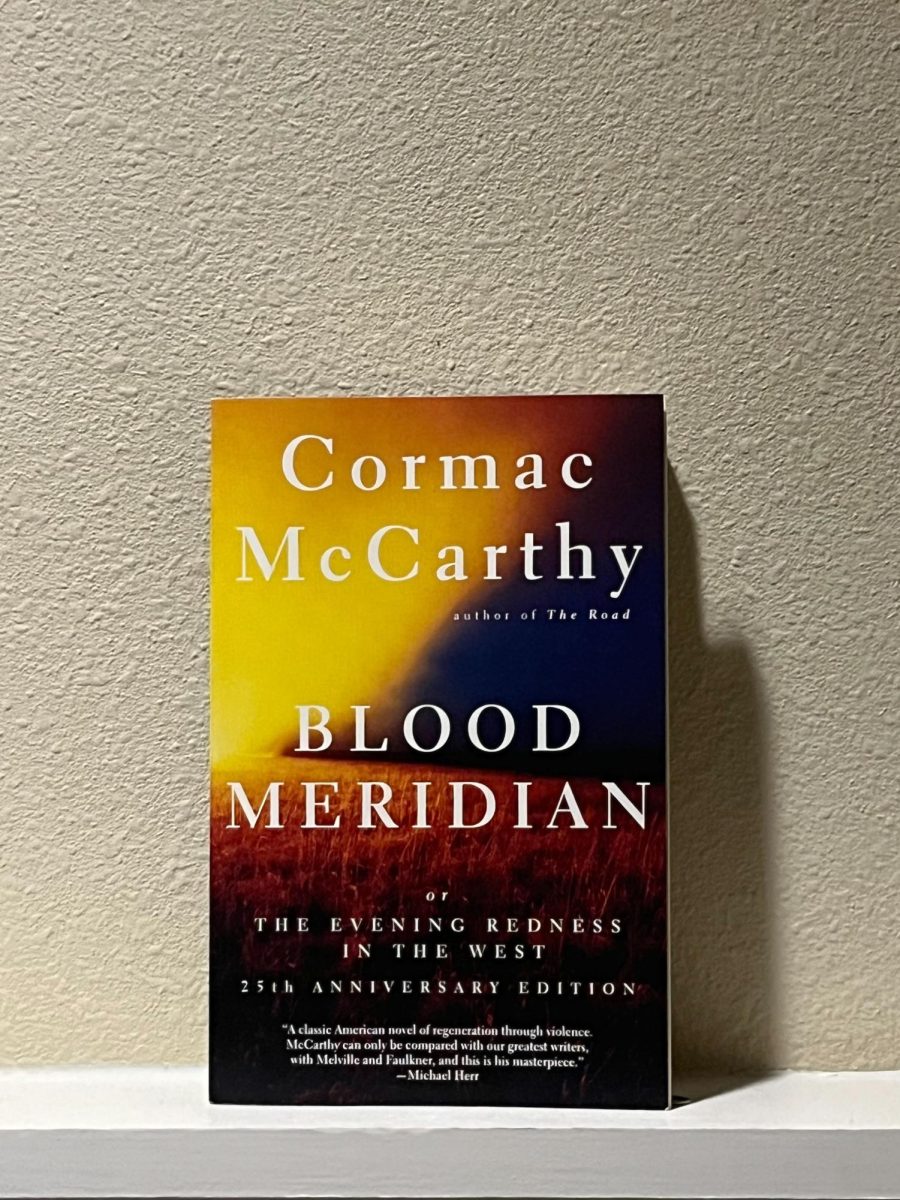Many aspects of metal, punk, hardcore and other aggressive genres of music turn off the average listener. Unintelligibly screamed lyrics, playing speed, inherent aggression, violent subject matter, perceived occult and Satanic themes and overall loudness all contribute to keeping these cacophonous genres (hereafter referred to under the umbrella term “metal” for simplicity’s sake, even though this lumping is incredibly incorrect and ignorant of the wide variety of aggressive music) out of the mainstream and to pushing would-be listeners away.
Thanks to this obscurity, these genres of music do not get the fanbase, recognition, critical praise and understanding that they deserve. On the contrary, metal is possibly the most misunderstood genre of music in today’s soundscape, mainly because a large portion of people cannot get past the aggression that permeates much of metal as a genre; unfortunately, what these listeners don’t realize is metal has much to offer to those who give it a chance.
The biggest complaint that most listeners have with metal is related to the extreme vocal style employed in a large majority of aggressive music known as “screaming” (though there are a wide variety of vocal techniques that fit under this broad term). Most listeners shy away immediately when they hear these harsh vocals; they dismiss the sounds as pure noise for the sake of it. Since screaming is so prevalent in metal, beginning to enjoy it will take quite a bit of conditioning.
Though the origins of screaming have been mostly lost to the ages, it was perhaps popularized by the aptly nicknamed Screamin’ Jay Hawkins of “I Put a Spell on You” fame. Other blues artists adopted the technique both for volume and emotional reasons. These justifications persist today for many bands that use harsh vocals; just as a singer such as Christina Aguilera may use crescendos to emphasize strong emotion and feeling in lyrics, metal vocalists may utilize screaming. This is not true in all cases, as screaming has largely become the norm in aggressive music styles. Still, aside from expressing emotion, screaming has another use: vocal instrumentation.
Screaming, when used as an instrument, reinforces or complicates rhythms in music. Perhaps the vocalist screams to match percussion strikes, bass lines or rhythm guitar playing, or perhaps the vocalist’s cadence further adds to the chaotic cornucopia of rhythms that populate intense, heavy music.
Whatever the application, listeners can think of screaming as a kind of loud poetry; this analogy works out particularly well since lyrics are, by definition, poetry set to or sung/screamed in music.
Some listeners tend to dismiss screaming as a no-talent instrument; they may think that screaming is something anyone can do, and, while true in the typical sense of the word, screaming as applied to music is not as easy and, when done improperly, can seriously injure one’s vocal cords. The talent that it takes is not exactly comparable to any other instrument in the world of metal, but it does further one of the hallmarks of the metal genre: Metal musicians are extremely talented.
Even an average listener that has never before heard a metal song can listen to nearly any random track and hear that the musicians have huge amounts of talent. The guitarists are able to play extremely fast while utilizing a bevy of advanced playing techniques, such as sweep picking (also known as economy picking), tremolo picking, two-handed tapping (sometimes incorporating all eight fingers) and more. Bassists typically also employ these techniques, and many of them play a combination of pick and fingerstyle, which is truly incredible due to the blistering tempo at which much of metal is played.
The timekeeper of these insane tempos is the drummer (in combination with the bassist). Of course, to keep the tempo, the drummer must play incredibly fast and accurately, all while incorporating advanced fills and techniques such as blast beats, double kick (bass) drumming, single-handed rolling and a plethora of polyrhythms.
Vocally speaking, aside from screaming talent, metal (and especially the other genres lumped in with it for the purpose of this column) typically has anywhere from average to jaw-dropping singing chops, usually hitting somewhere near amazing.
Perhaps most importantly, nearly every metal band writes its own music. Songwriting may be the most difficult part of being a musical artist; just look at all the popular artists that have professional songwriters do it for them. Metal compositions are typically extremely dense and technical – comparable in that regard to jazz and classical compositions – and, as a result, writing is no easy task. The talent that is almost inherent in the majority of metal artists is perhaps the widest window of opportunity for a non-metal listener to enter the world of aggressive music. After all, we as a society value talent in nearly every aspect of life. Why should music be any different?
Metal has the potential to be an extremely rewarding genre for all people thanks to the same aspects that make it so challenging to get into. A taste for dissecting difficult and dense music, once acquired, can never be sated by simpler songs again. All prospective listeners need to do is give metal a fair, open-minded listen; the worst that could happen is gaining a greater appreciation for talent and variety.
Regen McCracken is a junior intending to major in journalism. He has a love for video games, metal, jazz and all things that make one think. He also writes and performs his own music while not writing these ever-interesting columns or studying himself to sleep. Send questions and comments to rmccracken@wisc.edu







